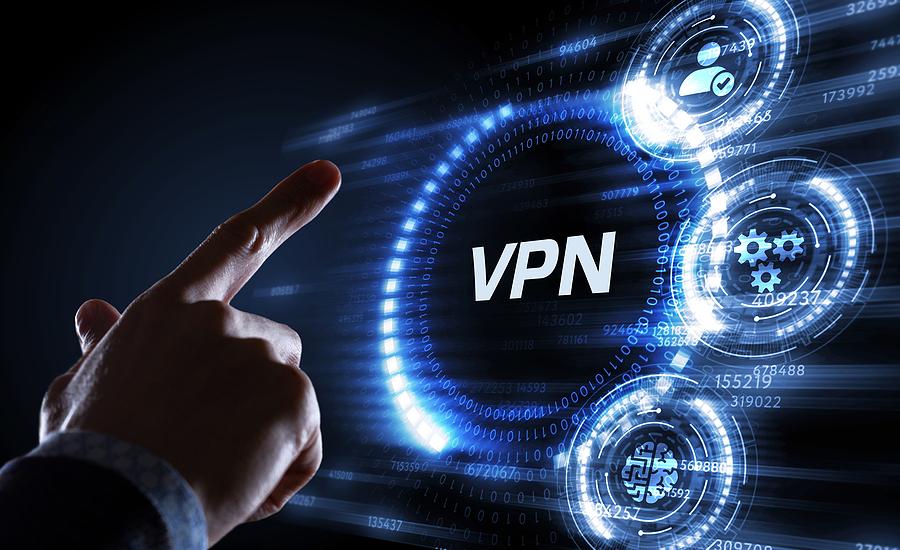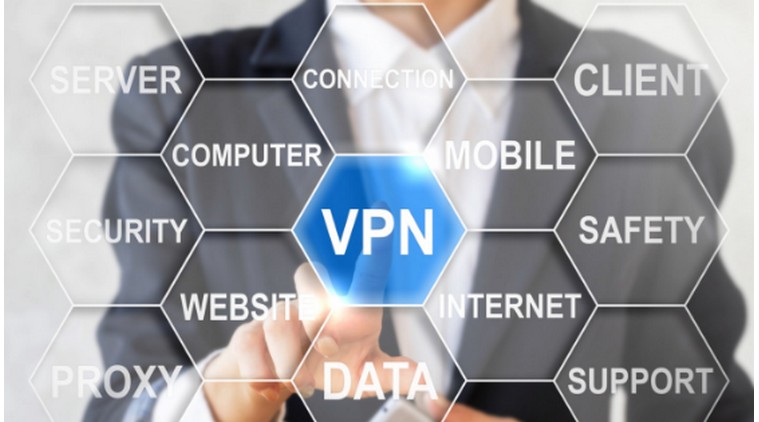
Since the COVID-19 pandemic, home working has seen a dramatic rise in popularity across almost all business sectors. The increased flexibility that home working offers, coupled with significant savings in travel time and commuting costs means that this phenomenon is here to stay.
Whilst home working offers significant benefits to both employees and employers, it does present an additional risk in terms of data security. All companies that enable home working must ensure that the correct procedures are in place to protect valuable company information in transit across public networks such as the internet. One of these options is to install a secure VPN solution.
What is a VPN?
VPN stands for “virtual private network” — a service that creates a network connection exclusively for your use, protecting your internet connection and privacy online. VPNs create an encrypted tunnel for your data, making it unreadable to anyone trying to intercept it.
How does a VPN Work?
It’s worth understanding how a VPN works so you can make use of its full potential. Here’s what’s going on behind the scenes:
- When you connect to a VPN service, a piece of software on your PC called a VPN client connects to and authenticates with a VPN server at the internet service provider.
- The VPN client and VPN server create a dedicated, encrypted “tunnel” across the public network to the VPN server.
- Your data travels securely through this VPN tunnel. Even if someone manages to intercept the data, they’ll only see the scrambled code, making it impossible for them to steal your information.
- When your data arrives at the server, it is unencrypted using a special key, transforming it back into its original form.

Top 5 reasons for using a VPN
Protecting valuable company data is an obvious reason for using a VPN whilst working from home, but there are other situations where using a VPN can be beneficial:
1. When Using Public WiFi Networks
Public Wi-Fi networks, while convenient, must always be treated as insecure. Hackers can easily steal your data on these networks. A VPN encrypts your internet traffic, safeguarding your information even when using public Wi-Fi hotspots at cafes, airports, or hotels.
2. When Using Online Streaming Services
VPNs can help overcome throttling practices employed by some internet service providers (ISPs). ISPs might throttle bandwidth for specific types of content, like streaming video. By using a VPN, you can mask your online activity from your ISP, potentially leading to a smoother and faster streaming experience.
3. When Making Financial Transactions
Financial transactions and online banking require utmost security. It is essential to protect sensitive information such as account numbers, passwords, and transaction details. A VPN can provide an extra layer of security by encrypting your data and giving you confidence that your information is protected, especially if using a public WiFi network.
4. When Making Online Purchases
In some cases, a VPN can help you find better deals online. Since your location can be masked, you might see prices advertised in different regions, potentially leading to savings on travel bookings or online purchases.
5. When Browsing The Internet
A VPN can help mask your IP address, making it more difficult for websites and online trackers to monitor your browsing activity. This can be beneficial for users who value online privacy and want to avoid targeted advertising or data collection practices.
It’s important to choose a reputable VPN provider with strong security practices and a clear policy not to log your activity. If you need any help or advice regarding which provider to choose and/or how to implement a VPN solution, please reach out to the Magikos IT team.
For Further Information or advice, please contact the Magikos IT Team or fill in the form below and we will contact you.
Tel: 01344 204019
Email: [email protected]